Last week was a really bad week for Apple, with both iOS and macOS falling victim to high profile bugs.
I won't bore you with the details, but the TL:DR of the headaches that Apple -- and more importantly, Apple's customers -- encountered was as follows:
A serious -- and very stupid -- root bug was uncovered in macOS.
The patch that Apple pushed out for the root bug broke file sharing for some.
Updating macOS to 10.13.1 after installing the root patch rolled back the root bug patch.
iOS 11 was hit by a date bug that caused devices to crash when an app generated a notification, forcing Apple to prematurely release iOS 11.2
Stuff happens, I get it.
Learn more / En savoir plus / Mehr erfahren:
https://www.scoop.it/t/apple-mac-ios4-ipad-iphone-and-in-security/?&tag=Root
https://www.scoop.it/t/apple-mac-ios4-ipad-iphone-and-in-security



 Your new post is loading...
Your new post is loading...




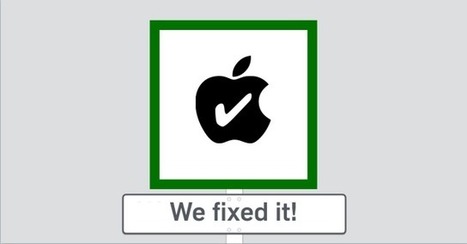
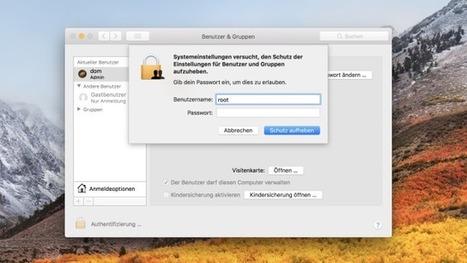
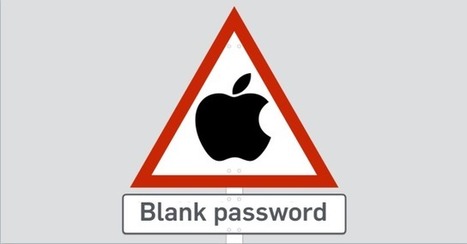



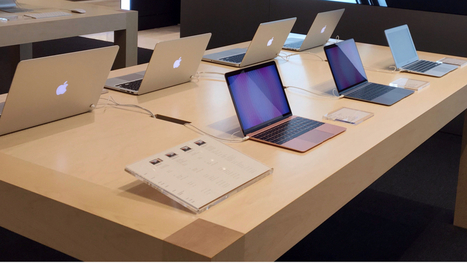
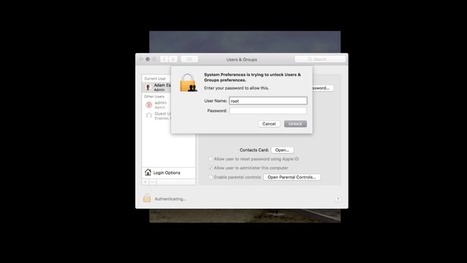





Last week was a really bad week for Apple, with both iOS and macOS falling victim to high profile bugs.
I won't bore you with the details, but the TL:DR of the headaches that Apple -- and more importantly, Apple's customers -- encountered was as follows:
A serious -- and very stupid -- root bug was uncovered in macOS.
The patch that Apple pushed out for the root bug broke file sharing for some.
Updating macOS to 10.13.1 after installing the root patch rolled back the root bug patch.
iOS 11 was hit by a date bug that caused devices to crash when an app generated a notification, forcing Apple to prematurely release iOS 11.2
Stuff happens, I get it.
Learn more / En savoir plus / Mehr erfahren:
https://www.scoop.it/t/apple-mac-ios4-ipad-iphone-and-in-security/?&tag=Root
https://www.scoop.it/t/apple-mac-ios4-ipad-iphone-and-in-security